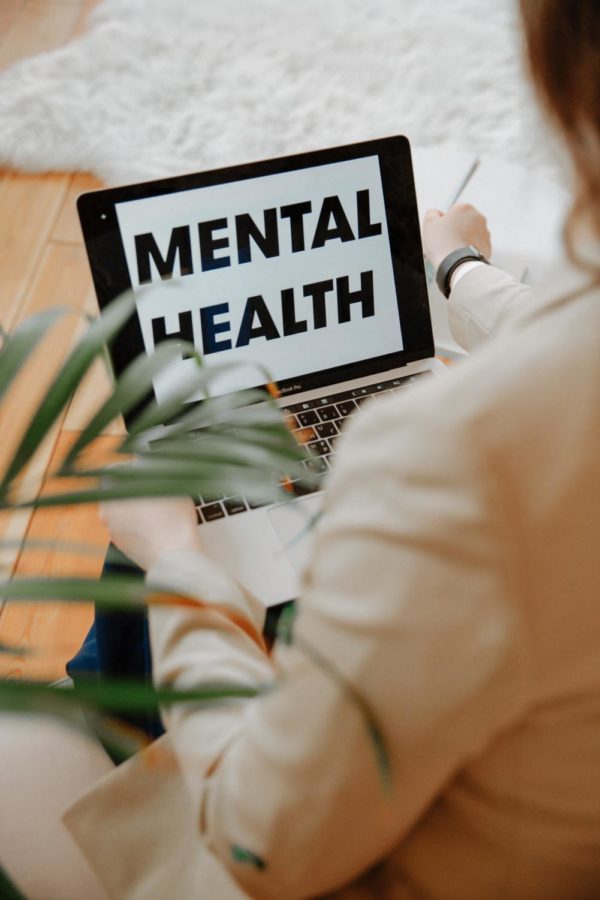Dual Events at DVC Tackle the Mental Health Crisis Facing Students in the Pandemic
March 17, 2021
It has been 871 days since Raphael made his last suicide attempt. A computer science major at Diablo Valley College, Raphael (not his real name) shared his long struggle with mental illness while taking part as a panel member in the Movies for Mental Health online event held at DVC last week.
Young adults have experienced a number of pandemic-related consequences, such as closures of universities and loss of income, which have contributed to worsening mental health, according to a report by the Kaiser Family Foundation. During the pandemic, more than half of young adults (56 percent) ages 18-24 reported symptoms of anxiety and/or depressive disorder.
In many ways, the pandemic has added an element of urgency for greater acceptance and treatment of mental illness. An alarming trend shows elevated levels of young people considering suicide in the United States, as reported by the Centers for Disease Control and Prevention.
The Kaiser study revealed that young adults are twice as likely as adults to report substance abuse (25 percent versus 13 percent of the population) and more than twice as likely to have suicidal thoughts (26 percent versus 11 percent). Prior to the pandemic, young adults were already at high risk of poor mental health and substance use disorders, though many did not receive treatment.
Also last week, at a Basic Needs Summit hosted Mar. 12 at DVC, one segment addressed student health citing statistics from a report produced by The Hope Center for College, Community, and Justice at Temple University in Philadelphia. The report, entitled “#RealCollege During the Pandemic,” found that half of respondents at two-year colleges could not concentrate on school work because of pandemic-related challenges, and almost 30 percent of students reported severe anxiety.
The complementary events last week highlighted a growing awareness of the importance of mental wellness for student success during the pandemic. By all measures, daily life stresses have been exacerbated by isolation and loneliness as well as economic hardship, food and housing insecurity.
Movies for Mental Health, which aired on Mar. 8, is a production by Art With Impact, a San Francisco-based group that seeks to use art, film and media to destigmatize mental illness and its symptoms, including depression, anxiety, panic attacks and substance disorder.
The two-hour program at DVC began with a talk by facilitator Carly Weckstein, who spoke of mental wellness and illness and the differences between the two. She described mental wellness as the practice of healthy habits on a daily basis.
On the other hand, mental illness is a situation beyond our own control, but which can be diagnosed by a professional. The goal, she said, is to thrive rather than merely survive.
According to the films’ producers, the work by AWI tries to initiate meaningful dialogue among young people about mental health issues by creating a safe space for them to learn about and explore their personal experiences. The three short films aired during the program portrayed experiences of depression, panic attacks and substance addiction.
Weckstein also invited the audience to participate in guided exercises in mindful breathing and progressive muscular relaxation – techniques that a majority of participants found helpful, according to a spot survey she conducted during the program.
“Failure has been the best thing for me in terms of learning,” Raphael said. He explained that he had found his way through mental illness and now enjoys student leadership activities and helping his peers overcome their own psychological challenges.
“It gives you an opportunity to try [to be] better.”









































































